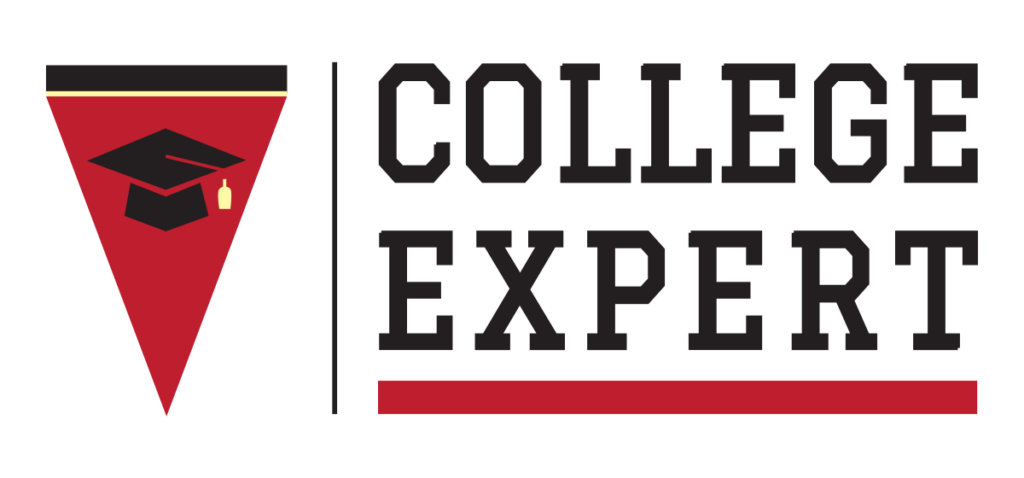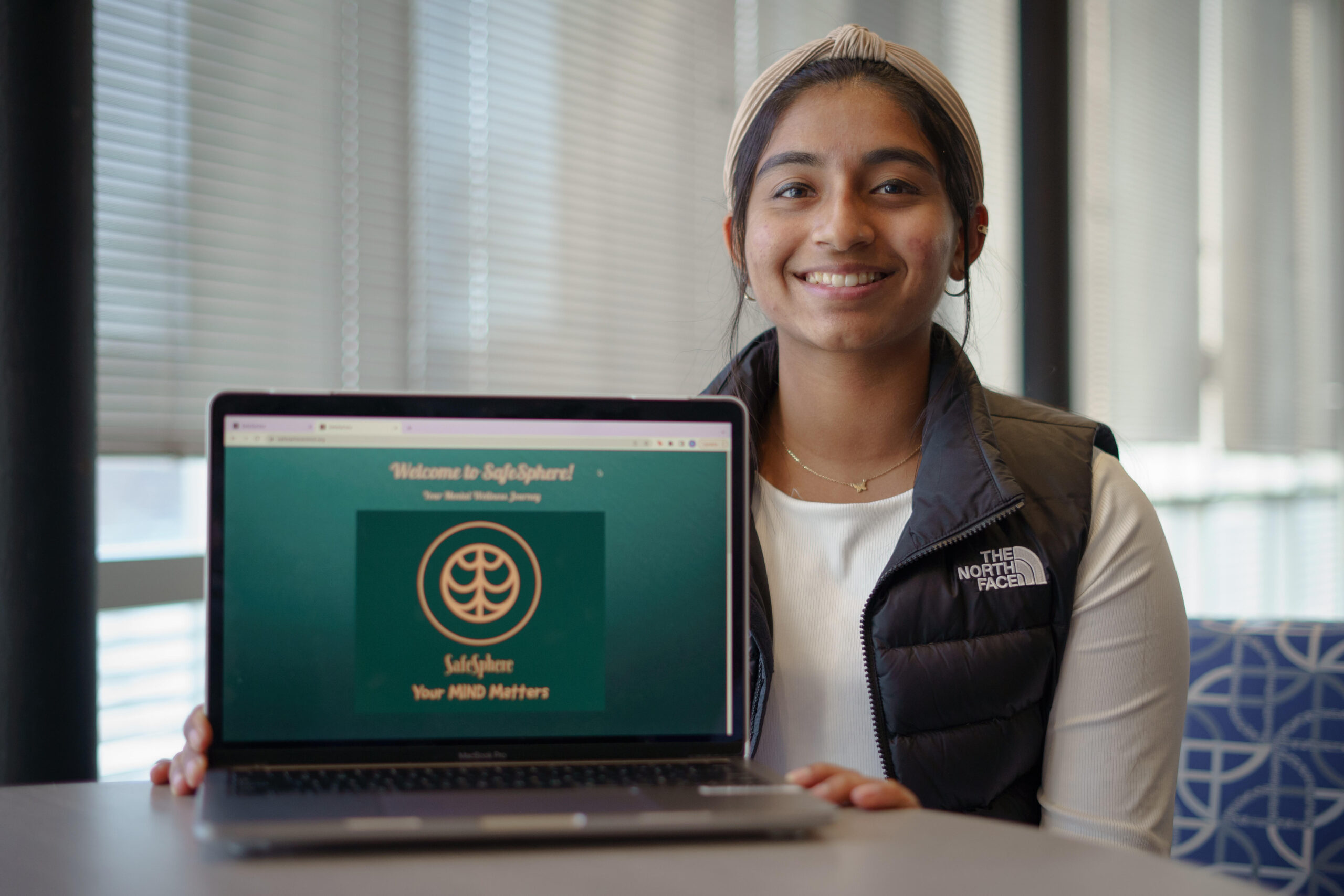During her freshman year, Nandini noticed how isolation during the pandemic was affecting her own mental health as well as that of her peers. To elevate her mood, she turned to journaling, running and working out with her brother. She also began to think about how many people didn’t only struggle with mental health during the pandemic, but throughout their lives, and considered ways she could help.
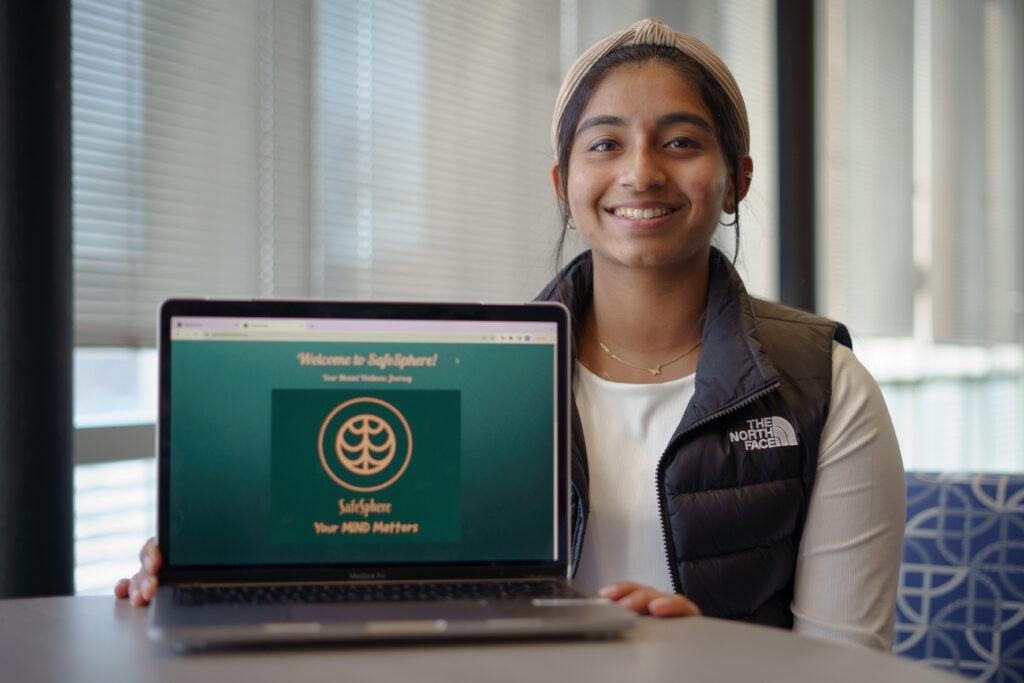
(Photo courtesy of the Post Bulletin.)
In 7th grade, she had participated in a Technovation coding camp for girls, and Nandini and her friends received valuable feedback and advanced to semi-finals for a prototype mental health app they developed. The app began to feel even more relevant to Nandini during Covid.
“Stressed students behind screens weren’t able to receive the resources they needed and extracurriculars became virtual, which confined students to Zoom,” Nandini says. “I saw that my community was struggling.”
Picking up where they had left off, Nandini continued to develop the app, SafeSphere, during her freshman year of high school with the goal of offering it on the Google Play Store and App Store and on the web. While some original team members weren’t available to help rebuild SafeSphere, Nandini continued to enlist a team of partners, including an IT expert and a child psychiatrist from Mayo Clinic, business lawyers from the University of Minnesota Law Clinic and her brother, Varun, University of Minnesota psychology major, who is helping to market SafeSphere to other college students.
The goal of SafeSphere is to assess how you are doing and then provide easy access to tools, whether you need a distraction from the daily grind or need to connect with a professional. It includes activities such as journaling; videos and podcasts on topics ranging from mindfulness to the positive impact of music to destigmatizing depression; workout videos inspired by Nandini’s own experience with the benefits of exercise; and links to mental health resources. It even includes a survey where you can “check in” regarding how you are feeling – and ask for help if you need to.
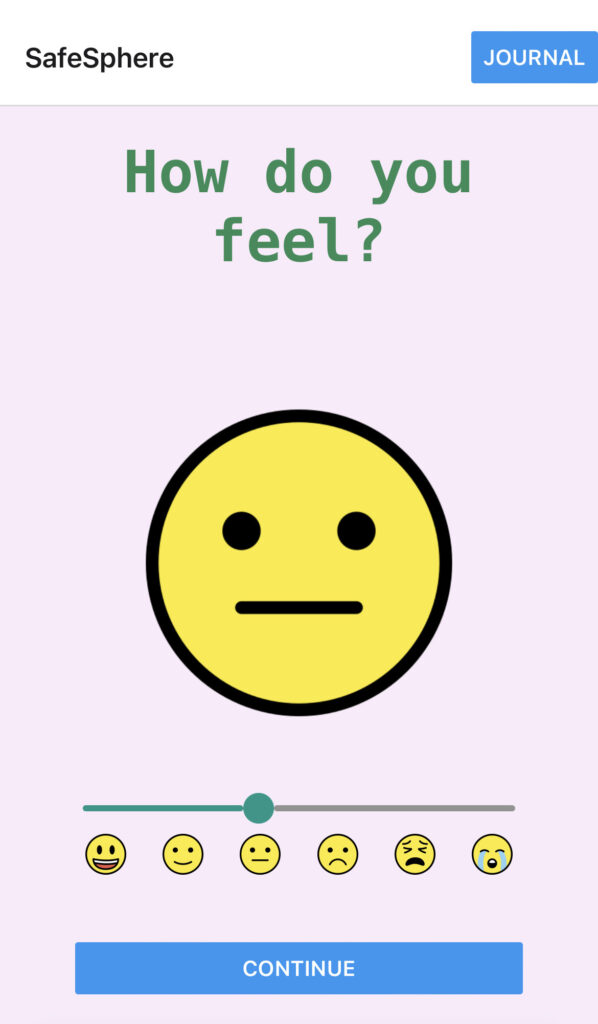
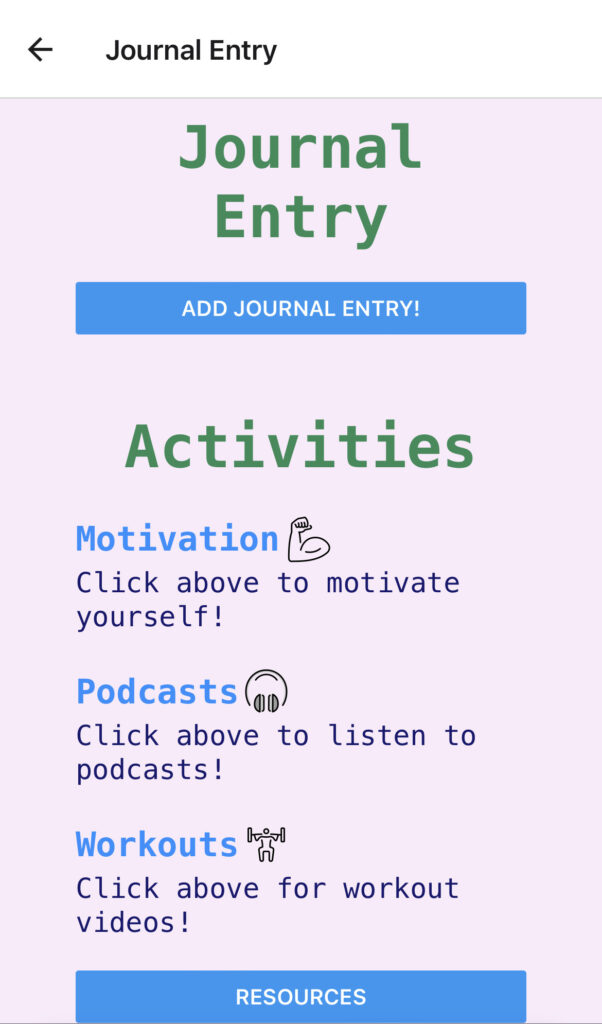
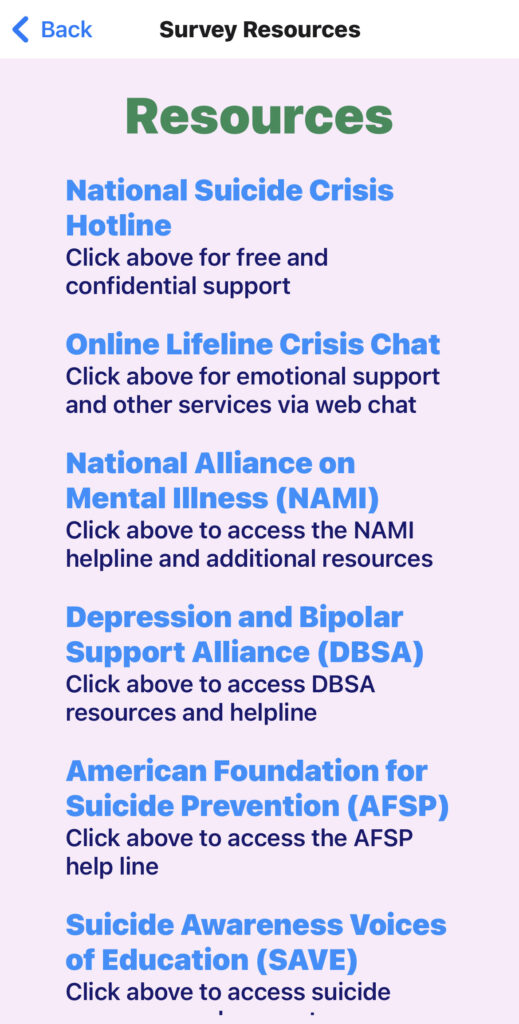
“The key is to accept that sometimes it’s ok to be “not ok”, Nandini says. “It’s important to be honest with oneself and get the support that can make all the difference.”
Now a junior, Nandini plans to build on her experience. She is exploring colleges where she can pursue a degree in Cognitive Science with the goal of a career in the mental health field.
Interested in exploring SafeSphere yourself? Visit www.safespheremind.org for a link to the web app. It also will soon be published on the Google Play Store and App Store for iOS devices.
We often encourage students to look for ways to pursue their genuine interests, whether that means taking an online class, developing a hobby or volunteering in their community. It can help them identify an academic path that excites them. It can also demonstrate the kind of initiative that colleges love.
Nandini’s journey demonstrates how diving into an interest – whether it’s coding, social activism or beekeeping – is not only rewarding, it can help you stand out during college admissions. Looking for ideas to get involved? See our suggestions for potential Unique Teen Activities or talk to your College Expert counselor!
